Why the $3500 Apple Vision Pro made me appreciate Meta, and anticipate the Quest 3
This article may contain personal views and opinion from the author.

Left: Apple Vision Pro, right: Meta Quest Pro
Apple has the power to kickstart entire struggling markets, and has done it many times before – MP3 players, tablets, wireless earbuds, smartphones, they all went mainstream with the introduction of the iPod, iPad, AirPods, and most notably – the iPhone, respectively.
In any case, Apple was never "first to invent" any of those aforementioned things, but the first to make them appealing to the masses, by introducing a (usually) fantastic, ultra-simple product, in a way that really made people want it. While simultaneously avoiding any marketing words that even suggest competitors exist.
Except, Apple's Vision Pro headset is so high up there in the premium, that nobody will own it. At least nobody you, or I, know.
Sure, we'll review it when it's out, but what average tech fan will actually be able to afford a first-gen $3500 device, which, by the way, doesn't seem to do much more than what a $299 Meta Quest 2 has already been doing for years?
In fact, the Apple Vision Pro might be doing less…
Everyone loves to hate on Meta (formerly Facebook), but here's one thing it did right – it made AR/VR accessible, and simple enough
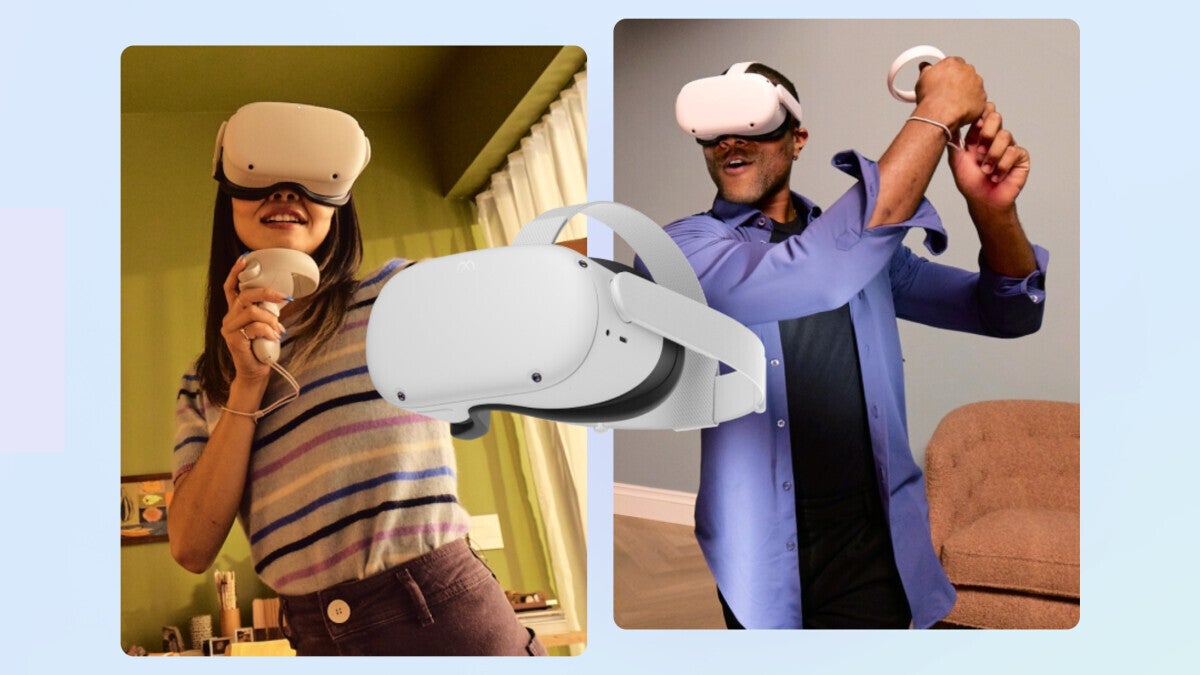
The Meta Quest 2 is simple to use, affordable, and unsurprisingly – the most popular VR headset right now
Poor (not literally) Mark Zuckerberg is being memed to high heavens for pretty much everything he ever does, and what's stuck in my head are all the memes about his Metaverse concept.
Meta's Metaverse doesn't look good, and hasn't been introduced to people in a way that actually makes them want to join it, or even understand what it is. Because Meta is not Apple – marketing or brand loyalty aren't its strong sides.
But what Meta lacks in awareness of how the public perceives things, it makes up for in buying great companies. In this case, we'll talk about Oculus, which Meta bought nearly 10 years ago, back when Oculus VR was a humble startup with only one, developer-oriented VR headset to offer.
Under Meta and thanks to its deep pockets, Oculus' headsets improved significantly over the following years, became fully wireless, standalone, and most recently – capable of AR, thanks to a feature called passthrough.
So yeah, the current Meta Quest 2 and Quest Pro can be used for productivity. Meta is pushing hard for social features too, as you can expect from the same company that owns Facebook, WhatsApp and Instagram.
In fact, it seems like everything Apple showed us about its Vision Pro headset, which, to remind you, isn't even coming out this year, seems to have already been done by Meta.
Is that alone worth paying nearly $3000 more for it, though? Again, who will actually be able to afford that, especially when Meta has already set a much more affordable standard for AR/VR?
The Meta Quest 2 can already do today what the Apple Vision Pro promises to do in the future, for over $3000 less. And a Quest 3 is coming soon…
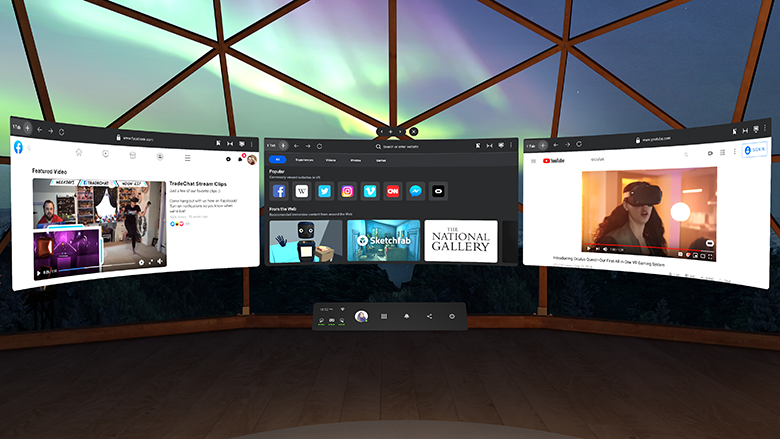
Quest 2 multi-window multitasking; it has been possible for quite some time
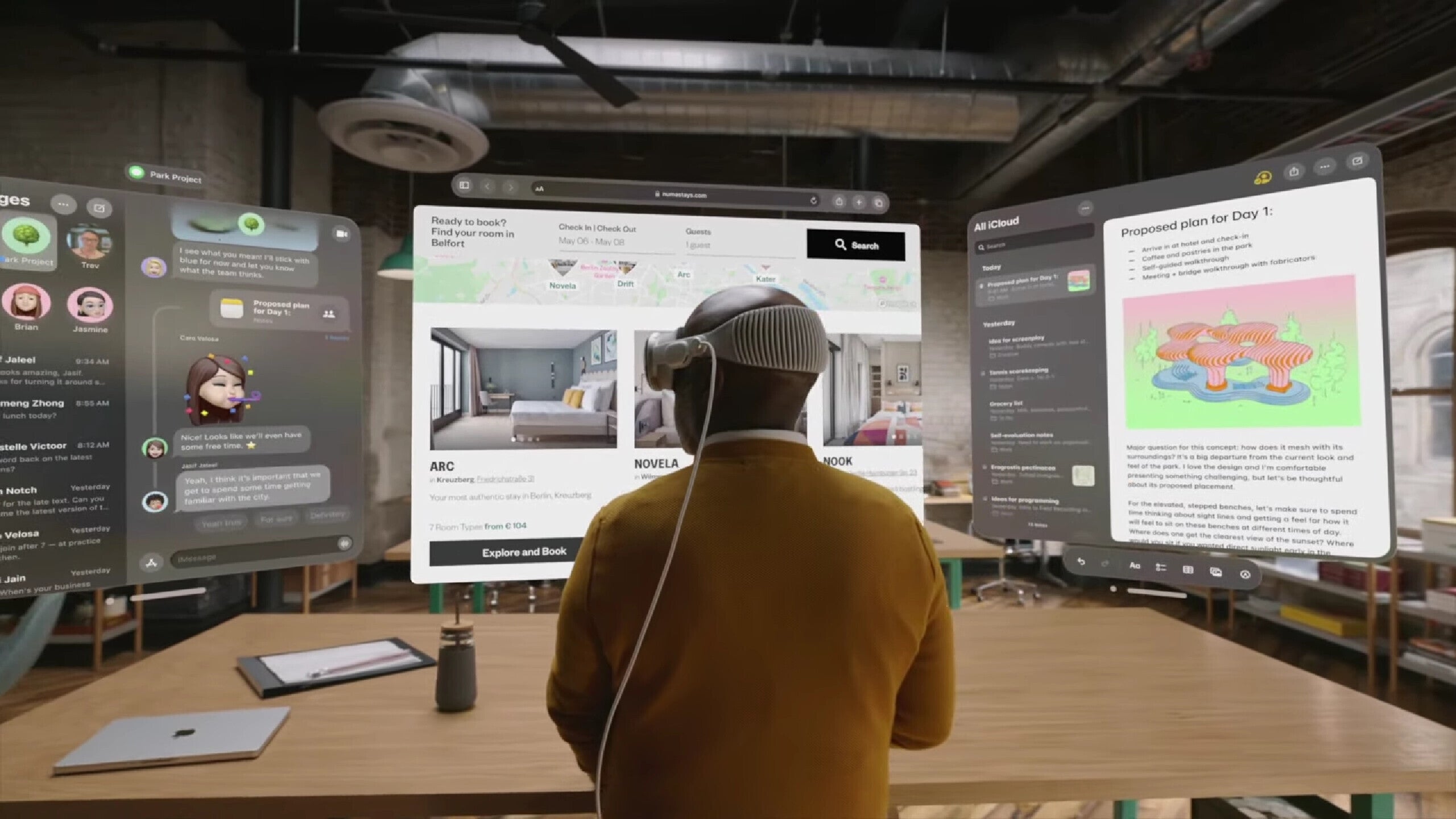
The oddly familiar-looking Apple Vision Pro multi-window multitasking, as showcased in Apple's reveal video
Looking at photos in AR, watching movies and YouTube videos, calling friends, browsing the web with multiple open web browser windows, and doing it all with your hands – the budget Meta Quest 2 headset can already do all that. And unlike the Apple Vision Pro, it has a massive library of VR games to boot too.
Now riddle me this – how is Apple going to sell me on a Vision Pro, over a new Quest 3? And how is it going to sell you on it?
Let's face it, right now Apple is interested in attracting developers and businesses like Disney+, who are the ones expected to actually make the Vision Pro headset desirable, by bringing exclusive apps, games and features. But for now, besides Disney+, ESPN, and some promised exclusive 3D content from those, in addition to new AR/VR "Apple ecosystem" features, there's really not that much else to anticipate.
But before that can reasonably start happening on a large scale, Apple will have to spill the beans on that cheaper Vision headset it's probably working on, as it has been rumored multiple times. And that one better actually be affordable, meaning (and that's a wild guess) somewhere around the price of a flagship phone.
Because Meta set a great standard – AR/VR headsets can be affordable, accessible, and simple to use, meaning standalone. And all the brands who were here before Apple are now following that standard.
In any case, until Apple announces a cheaper version that's actually reasonable, with features that truly surpass what a budget Meta headset can do, I'll continue patiently waiting for the Meta Quest 3 later this year, and nothing else.
But hey, the Apple Vision Pro is still very exciting, so are you waiting for it, or are you also looking forward to the Meta Quest 3 instead? Or aren't interested in AR/VR yet at all?
Share your thoughts in the comments section below!
Let's face it – for most people around the globe the Apple Vision Pro is their first look into AR/VR.
Just as a reminder – the Quest 2 is just $299 right now, by the way. You know – it's Meta's AR/VR headset that already does a lot of the things the $3500 Apple Vision Pro promises to do next year.
Follow us on Google News



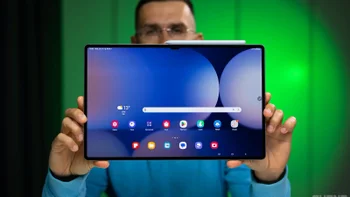
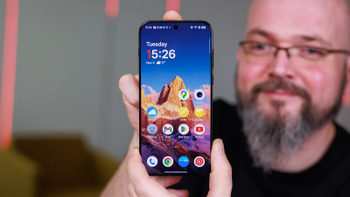

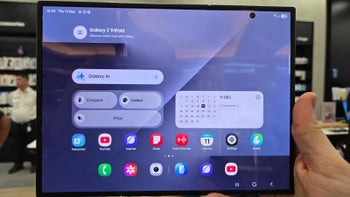




Things that are NOT allowed:
To help keep our community safe and free from spam, we apply temporary limits to newly created accounts: